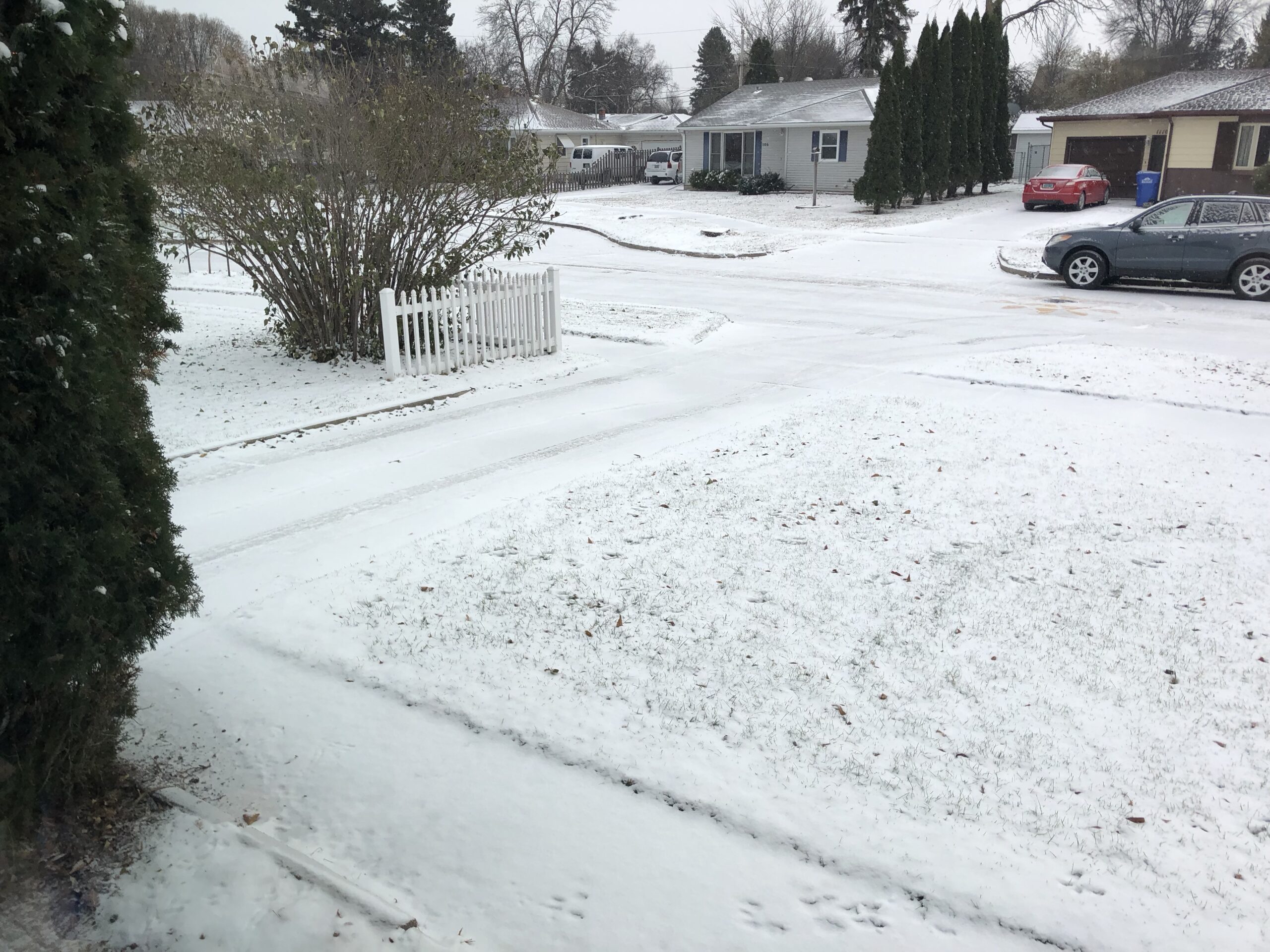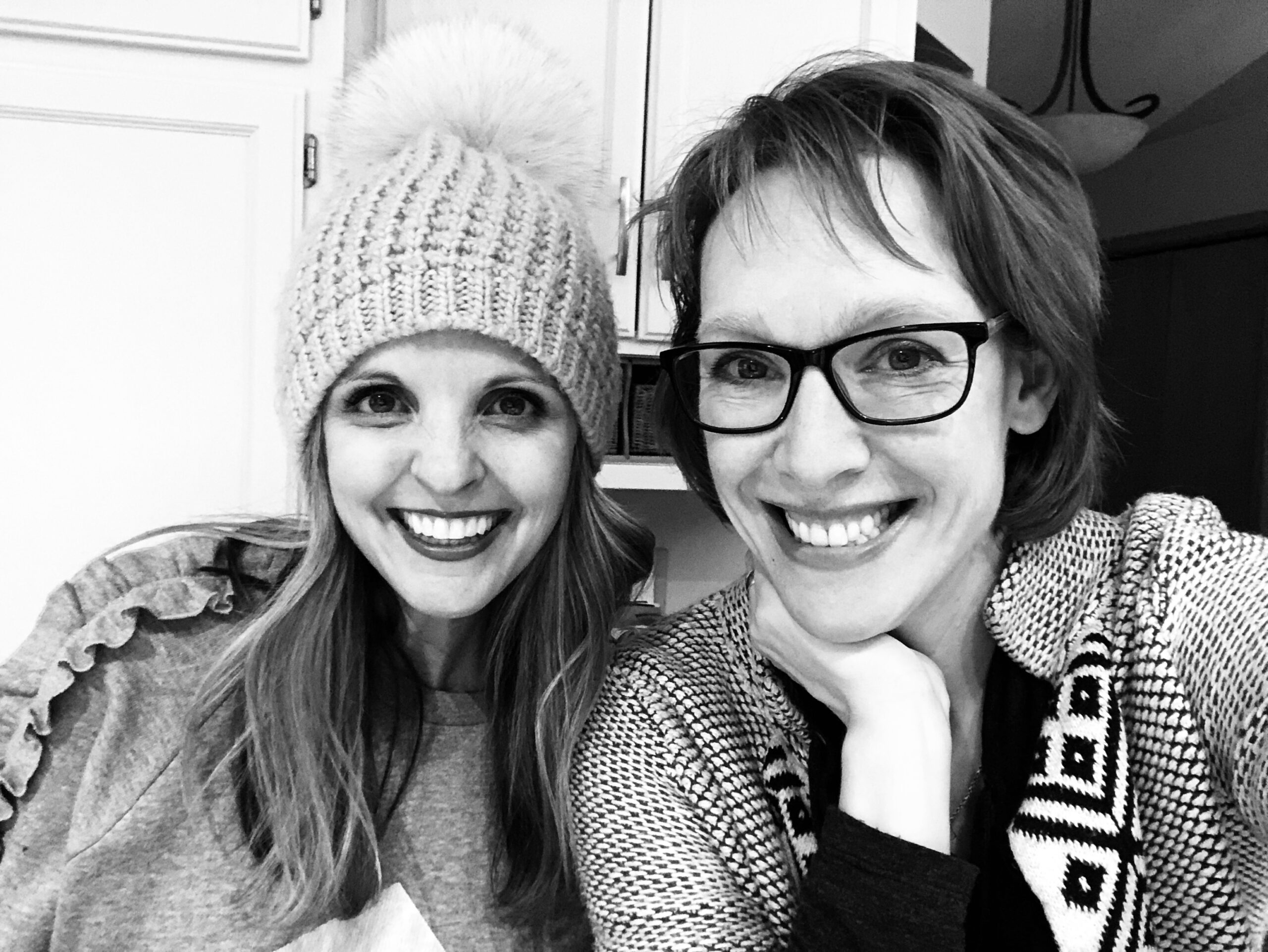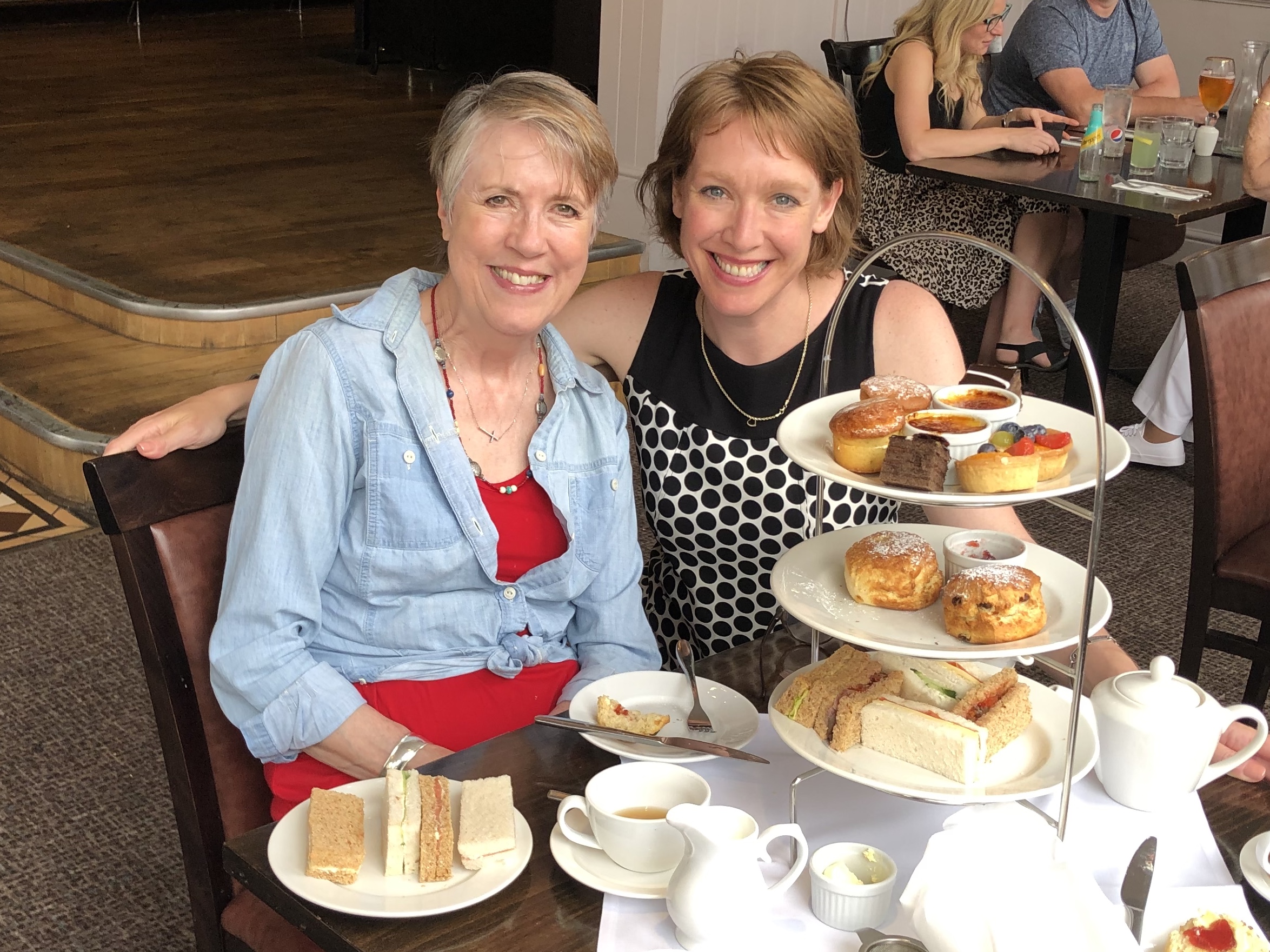My mother recently encouraged me to stop writing about my years living in income-based housing. She noted that I’d likely written enough about that time now and wondered why I kept referencing it. As with nearly all thoughts from my mother, this was more of a kindly command than a suggestion.
I countered in a sort of mumbly stumbly way that even though I was well past the reality of them, they were pivotal and still defined me in so many ways. I was frustrated by the conversation because I couldn’t articulate why I keep going back to those years even though it’s my blog, and I am making great personal discoveries by going back and mining through them. And I think they have tremendous value, certainly for me and hopefully others, too.
She wasn’t convinced, and since her approval must be about 99% of what I crave, even when my instinct says, “Keep with it!” I acquiesced and have written much less about those years of late.
But earlier this week, the reason I keep writing about those years and what I learned and how I felt and what I longed for during that time was made abundantly clear to me.
I was driving down one of our main roads, furious about an utterly insipid meeting I was just coming from. I was screaming about it on the phone to my Director of Operations. “Meetings like this make my job so much harder! What a waste of everybody’s time! What were they thinking?!?!”
Oh, and to top it all off, it was about 5 degrees out with a pretty hefty windchill, so I was angry about that, too. I mean, come on…it’s only early November!
So I’m driving in my warm, fancy-for-me car, slowly baking from the underside thanks to the seat warmer, angry about many things. When out of the corner of my eye, I see a woman walking with an eight or nine-year old girl and a baby in a carseat. The woman is not wearing gloves, and you can tell that they are all not just chilled but outright cold. And I can’t imagine where they could be walking, as they are blocks from anything that is not residential.
Immediately, and I mean absolutely instantaneously, my fury dissolved. Poof! I stumbled through getting off the phone, turned in to the nearest driveway and rolled down my window. “Can I give you a ride?” I yelled out to the woman.
She did what I always did when I was caught walking, carrying my baby in a carseat or on my hip, often on the side of the highway or to get away from the offramp, leaving my old car, inexplicably stopped again. She hesitated, having to make a split-second decision if this stranger meant her and her children good or ill.
But she and her children were freezing. This was not a winter day to be outside unnecessarily, and her hands, bare and holding on to that plastic handle, had to be telling her that with every shift of the weight of the carseat.
So she took the same mighty leap I had taken so many times. She said yes. And I threw the stuff that lives in my backseat into the trunk and began to strap a seatbelt around the carseat. I heard her little girl say, “Should I get in the front seat?”
And I knew that the mom was trying to determine what her options were. To put her little girl in the front seat left that child utterly alone with a complete stranger. But to put her in the backseat meant that she was in charge of the baby. While I wrangled the carseat, she said, “Yes, you get in front.”
And so she joined me in front while the baby and her mother got in behind us. I introduced myself and found out that the little girl’s name was Lily (one L, not two). I refrained from telling her that that was also my dog’s name (two Ls, not one), but I did tell her that I loved that name, which I do. She told me her little sister’s name, and the mother, who didn’t introduce herself, asked me if I could take them to the WIC office.
They had missed the city bus, had seen it pulling away from the stop when they were just down the block. They were walking to the next stop, four or five blocks away to wait for the next bus, which was coming in about 30 minutes. I could feel the cold coming off Lily’s jacket when she sat down beside me, and I easily remembered how cold I had felt, walking in the winter because that was my best and only option.
As we drove, my mind raced for how to meaningfully connect with this mother; how to give her a glimpse of my old life in spite of the life she was seeing now. So I said, “My boy and I were on WIC, and it made such a difference for us. I loved the staff. I still hang up a little Christmas garland project we got and made from the office one year.”
She immediately agreed, noting that it was a lifesaver for them. And I knew that she meant that literally because I meant it literally, too.
I asked Lily if she wanted the seat warmer turned on. She didn’t really know what that was, so I reached over and pushed the little button. I waited a second and then said, “Do you feel the seat getting warmer underneath you?” She paused, and then her eyes got big as she turned towards me. “Yes!” she said, showing off her perfectly missing toothed smile.
All too soon we were at the WIC office. What was minutes out of my day and no more than two miles out of my way spared this little family walking and waiting in the cold. They would get warm inside the offices, only to get cold outside waiting for the bus home again.
This is why I keep writing about my years in income-based housing, my years as a young, vulnerable single mother. Because today, for all intents and purposes, I appear, and am, successful. I’m highly educated, have an important job in the community, travel the world with my super fantastic husband, have launched a phenomenal young man, blah, blah, blah.
But to get to all of that, I was just like Lily’s mom. I was often dependent on the kindness of strangers, putting my and my child’s life in the hands of people whose cars cost more than I had ever made in one, or even two or three years. Sometimes walking in the cold, receiving government assistance for years, wondering how I’d ever climb us out of any of it.
Slowly and surely I did climb us out of that life. But just because you’ve moved on from something doesn’t mean pieces of it don’t come with you to your new location. I write about my early years because so much of my empathy, my gratitude, my tender heart and my perspective comes from what I experienced, good and bad, and what I learned, good and bad, along the way.
I write about my early years because I want other young women who might be in the same kind of boat I was to see where I am today and understand that there is hope for so, so much more than they can see right in front of them.
Is my life perfect today? Of course not. I have new challenges, new goals, new struggles–things I couldn’t have even dreamed of when I was wondering how I was going to pay for groceries, rent or a car repair bill.
And it’s not lost on me that I was screaming about something inconsequential, something I gave way too much attention and significance to, when Lily and her mom and sister crossed my path. Even having lived through the times I spend so much time thinking and writing about doesn’t always mean that I have my priorities right today. Had I not “wasted my time” at that meeting, I likely wouldn’t have come across this family.
There’s just no way of knowing what our encounter will do for those three, but I certainly know what it did for me.






